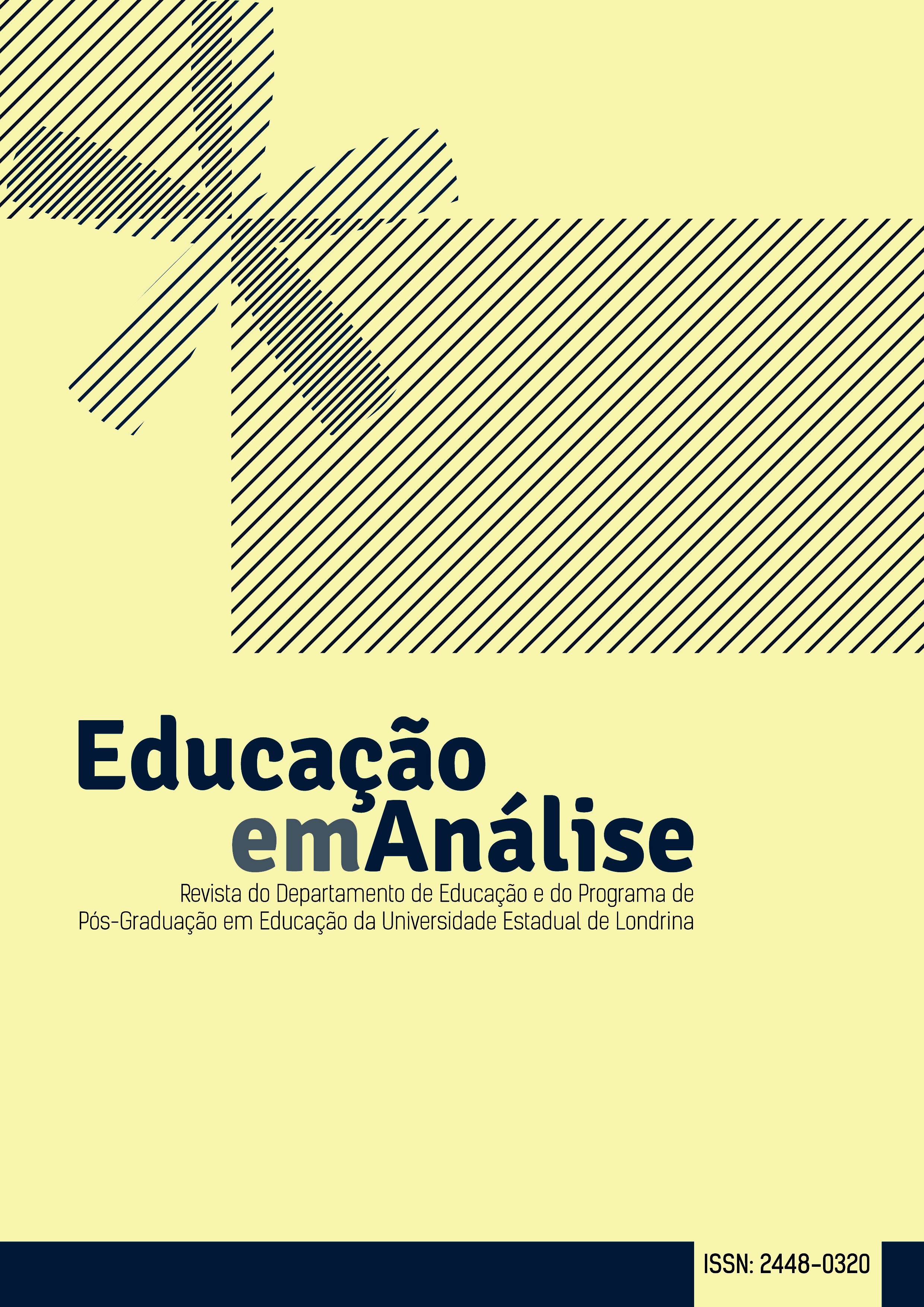Teaching the non-specialist teacher to teach music: experiences in continuing education
DOI:
https://doi.org/10.5433/1984-7939.2024v9n2p482Keywords:
Formação de professores; Música na escola; Formação pedagógica de músicosAbstract
This dialogue between an advisor and an advised narrates and reflects upon the experiences they both had at different times in their professional lives. They discuss their work with classroom teachers without formal musical training, enabling them to acquire certain knowledge and capabilities to teach their students in the classroom. Later, they reflect on the opposite scenario, where students or musicians with strong musical knowledge teach, without minimal training in educational issues, methodologies, and reflective processes. The dialogue references authors in the field of education, such as Vigotski (2009), Schafer (1991), Nóvoa (1992), Bueno (2002), Zagonel (2003), and Chaves (2014). The methodology relies on the relevance of interviews and autobiographies in discussing the teaching profession. In conclusion, they consider the relationships between education and music, offering reflections on the training of music teachers and classroom teachers, whether within universities or outside them.
References
BUENO, Belmira Oliveira. O método autobiográfico e os estudos com histórias de vida de professores: a questão da subjetividade. Educação e Pesquisa, São Paulo, v. 28, n. 1, p. 11-30, jan./jun. 2002. DOI: https://doi.org/10.1590/S1517-97022002000100002
CHAVES, Marta. Formação contínua e práticas educativas: possibilidades humanizadoras. In: CAÇÃO, Maria Izaura; MELLO, Suely Amaral; SILVA, Vandeí Pinto da (org.). Educação e desenvolvimento humano: contribuições da abordagem histórico-cultural para a educação escolar. Jundiaí: Paço Editorial, 2014. p. 119-139.
NÓVOA, António. Formação de professores e profissão docente. In: NÓVOA, António. (org.). Os professores e a sua formação. Lisboa: Dom Quixote: Nova Enciclopédia, 1992.
SCHAFER, Murray. O ouvido pensante. São Paulo: Unesp, 1991.
SWANWICK, Keith. Ensinando música musicalmente. Tradução de Alda de Oliveira e Cristina Tourinho. São Paulo: Moderna, 2003.
VIGOTSKI, Lev S. Imaginação e criação na infância. Tradução de Zoia Prestes. São Paulo: Ática, 2009.
VILLA-LOBOS, Heitor. Guia Prático para a educação artística e musical, 1º volume: estudo folclórico musical. Rio de Janeiro: Academia Brasileira de Música: Fundação Nacional de Artes, 2009a. Editado por Manoel Lago, Sérgio Barboza e Maria Clara Barbosa. 1º caderno.
VILLA-LOBOS, Heitor. Guia Prático para a educação artística e musical, 1º volume: estudo folclórico musical. Rio de Janeiro: Academia Brasileira de Música: Fundação Nacional de Artes, 2009b. Editado por Manoel Lago, Sérgio Barboza e Maria Clara Barbosa. 2º caderno.
VILLA-LOBOS, Heitor. Guia Prático para a educação artística e musical, 1º volume: estudo folclórico musical. Rio de Janeiro: Academia Brasileira de Música: Fundação Nacional de Artes, 2009c. Editado por Manoel Lago, Sérgio Barboza e Maria Clara Barbosa. 3º caderno.
ZAGONEL, Bernadete. Música erudita na escola é possível?. Gazeta do Povo, Curitiba, 21 abr. 2003.
Downloads
Published
How to Cite
Issue
Section
License
Copyright (c) 2024 Marco Antonio da Silva Ramos, Mariana Ferraz Simões Hammerer

This work is licensed under a Creative Commons Attribution-NonCommercial 4.0 International License.
The journal reserves the right to make normative, orthographic and grammatical changes in the originals, with the aim of maintaining the cultured standard of the language and the credibility of the vehicle. It will, however, respect the authors' writing style. Alterations, corrections, or suggestions of a conceptual nature will be sent to the authors when necessary. In these cases, the articles, after being adequate, should be submitted to a new appreciation.








